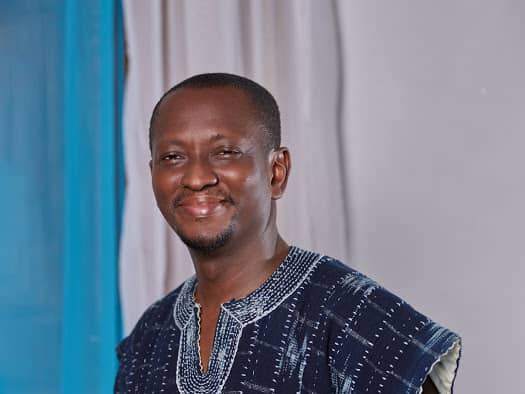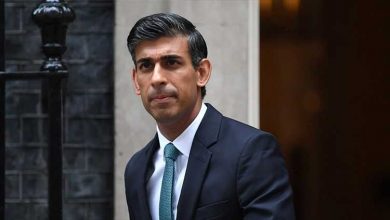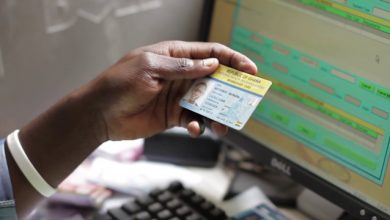We are ready to take on all those who are responsible for the loss of depositors’ funds in the cleanup -Dep. Attorney General

Alfred Tuah Yeboah, a Deputy Attorney General, has vowed to prosecute anyone responsible for any violations in the banking industry.
Following William Ato Essien’s 15-year prison sentence by the Accra High Court, the founder of the now-defunct Capital Bank, he issues a warning.
Mr. Essien was found guilty of stealing more than GH90 million from the Bank of Ghana’s support for the now-defunct financial institution’s liquidity.
The Deputy Attorney General claims that certain cases are currently being litigated in court and are at an advanced stage, so it would be best to concentrate on those for the time being.
“Those whose case we have not taken to court should not be thinking that we have forgotten about them. No! It is a process. All the others including savings and loans and micro finances, we will get all of them.”
“We are ready and willing to take on all those who were part of the scheme to have depositors’ funds lost,” he said.
“All those who took part or who were owners of savings and loans and micro finances who know that because of their actions and inactions, the state has to cough up money to pay their depositors, we will be coming after all of them,” he added.
In an effort to restore public confidence in the banking industry, the Bank of Ghana began what it called a cleanup exercise in August 2017.
The Central Bank’s intervention, which cost over GH20 billion, was intended to resolve insolvent financial institutions whose continued existence posed risks to depositors’ interests.
The action, according to the government, contributed to the high level of the country’s debt.
Ken Ofori-Atta, the finance minister, oversaw the cleaning up of the banking sector from mid-2017 to January 2020.
The cleanup resulted in a decrease in the number of banks from 34 to 23, as well as the cancellation of the licenses for 347 microfinance organizations, 15 savings and loans, and 8 finance houses.
Some commercial banks were allowed to be acquired by the government-owned GCB, while others were merged to create the Consolidated Bank Ghana Limited.




